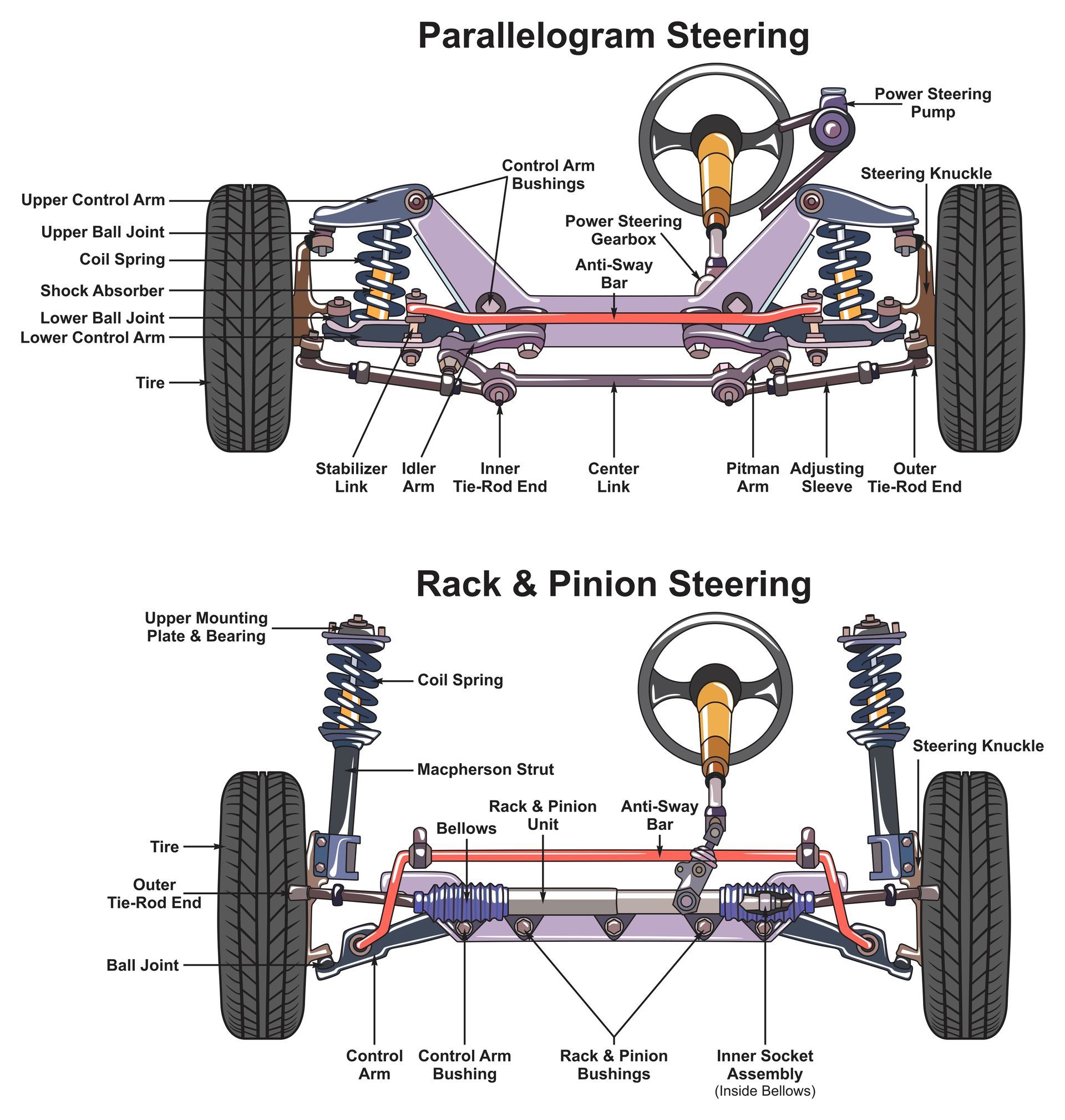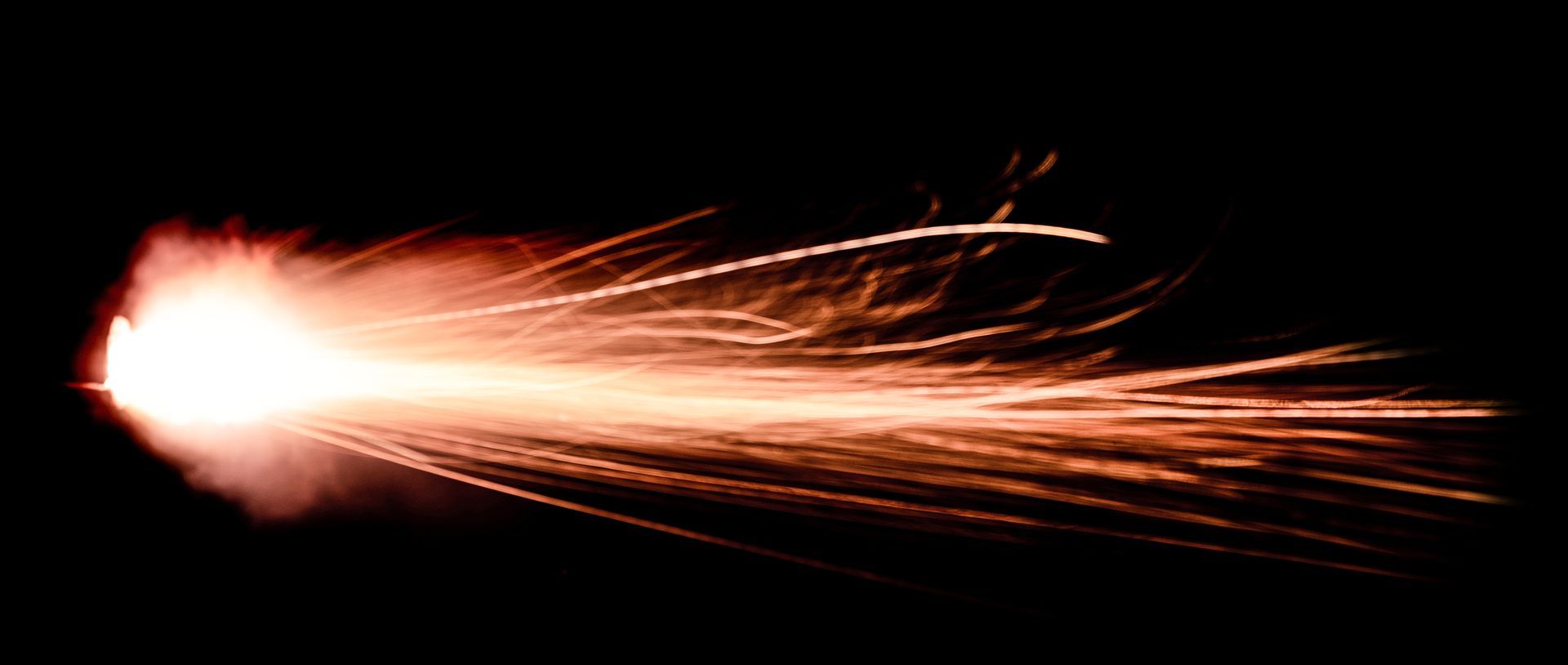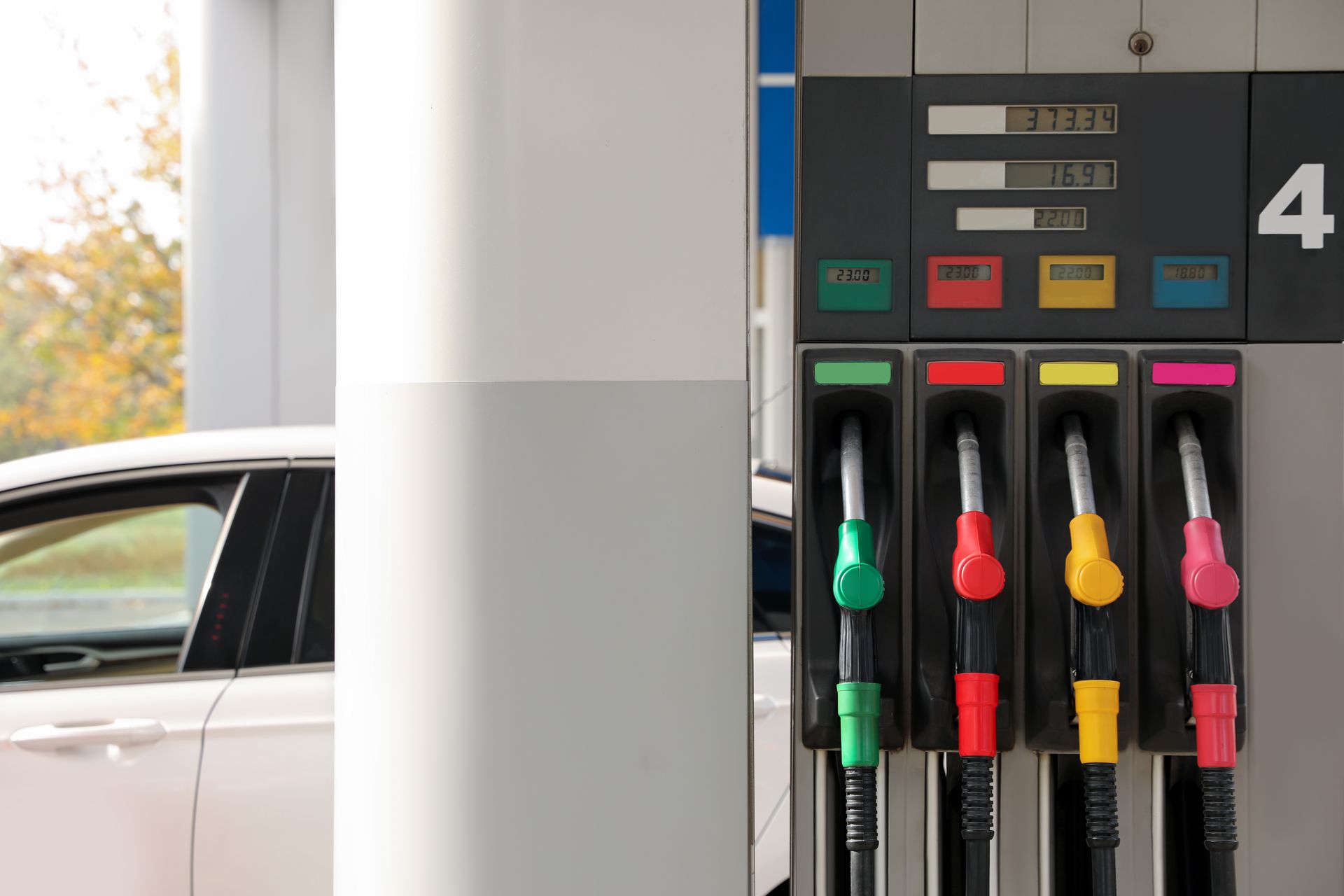Feeling a rhythmic pulsing in your brake pedal when slowing down? That’s not normal, and it’s not something to ignore. This kind of feedback from your brakes usually points to an issue with the rotors, brake pads, or even the suspension. While it might start as a slight vibration, it can get worse over time, affecting your car’s stopping power and safety. So what’s behind that shaky pedal, and what should you do about it?
What Causes a Pulsing Brake Pedal
A brake pedal that pulses or vibrates typically results from uneven friction between the brake pads and rotors. Since braking relies on smooth, consistent contact to slow your vehicle, any irregularities in the braking components can lead to noticeable pulsation.
Warped or Uneven Brake Rotors
One of the most common causes of brake pedal pulsation is warped or uneven rotors. Rotors are metal discs that your brake pads clamp onto to slow the vehicle down. Over time, excessive heat from braking—especially in stop-and-go traffic or on steep roads—can cause the rotors to warp. This creates high and low spots on the rotor surface, leading to inconsistent contact with the brake pads and causing a pulsing sensation in the pedal.
If your brake pedal pulses primarily when slowing down from high speeds, warped rotors are likely the cause. In some cases, rotors can be resurfaced, but if they’re too thin or worn out, replacing them is the best option.
Uneven Brake Pad Wear
Brake pads press against the rotors to create friction and stop your car. If the pads wear unevenly, they may not make consistent contact with the rotor, causing a pulsing sensation when braking.
Several factors contribute to uneven pad wear, including:
- Sticking calipers, which prevent even brake pressure distribution.
- Poor-quality brake pads that wear faster than expected.
- Driving habits, such as heavy braking or riding the brakes downhill.
- If brake pad wear is the issue, replacing the pads and checking for caliper problems can help restore smooth braking.
Brake System Overheating
Repeated hard braking, towing heavy loads, or driving in hilly areas can cause the brakes to overheat, leading to glazing—a condition where the brake pads develop a hard, smooth surface that reduces their ability to grip the rotor effectively. Glazed brake pads increase stopping distances and create vibration in the pedal.
Letting the brakes cool and replacing glazed pads can eliminate the pulsing sensation and restore proper braking performance.
Issues with Brake Calipers or Hydraulic System
The brake calipers play a crucial role in pressing the brake pads against the rotors. If a caliper is sticking, it can cause uneven braking pressure, leading to pulsation.
Similarly, issues within the brake hydraulic system, such as air in the brake lines or low brake fluid, can cause inconsistent braking pressure. A brake fluid flush or caliper inspection may be necessary to resolve these problems.
Is a Pulsing Brake Pedal Dangerous
While minor pulsation might not always be an emergency, any unusual braking behavior should be checked as soon as possible. Ignoring a pulsing brake pedal can lead to:
- Reduced braking performance, increasing stopping distances.
- Excessive wear on brake components leads to more costly repairs.
- Potential brake failure if the underlying issue worsens.
- If your brake pedal pulses consistently or the vibrations worsen over time, it’s best to have a professional inspect your braking system.
Get Your Brakes Checked at Kwik Kar Auto Repair
A pulsing brake pedal is a clear sign that your braking system needs attention. Whether it’s due to warped rotors, uneven brake pads, or hydraulic issues, addressing the problem early ensures your vehicle stops safely every time.
With 17 locations across Texas, Kwik Kar Auto Repair is here to provide expert brake inspections, repairs, and replacements to keep your car performing at its best.
- Kwik Kar Auto Repair - Parker Road in Plano, TX 75075
- Kwik Kar Auto Repair - Melissa in Melissa, TX 75454
- Kwik Kar Auto Repair - Skillman in Dallas, TX 75243
- Kwik Kar Auto Repair - Murphy in Murphy, TX 75094
- Kwik Kar Auto Repair - Carrollton in Carrollton, TX 75006
- Kwik Kar Auto Repair - Paris in Paris, TX 75460
- Kwik Kar Auto Repair - Wylie in Wylie, TX 75098
- Kwik Kar Auto Repair - Rowlett in Rowlett, TX 75089
- Kwik Kar Auto Repair - Frisco in Frisco, TX 75033
- Kwik Kar Auto Repair - Little Elm in Little Elm, TX 75068
- Kwik Kar Auto Service & Repair - Arlington in Arlington, TX 76006
- Kwik Kar 12220 Greenville Ave in Dallas, TX 75243
- Kwik Kar Garland Rd in Dallas, TX 75218
- Kwik Kar 6424 Greenville Ave in Dallas, TX 75206
- Kwik Kar Fitzhugh Ave in Dallas, TX 75204
- Kwik Kar of Bridgeport in Bridgeport, TX 76426
- Kwik Kar of Boyd in Boyd, TX 76023










